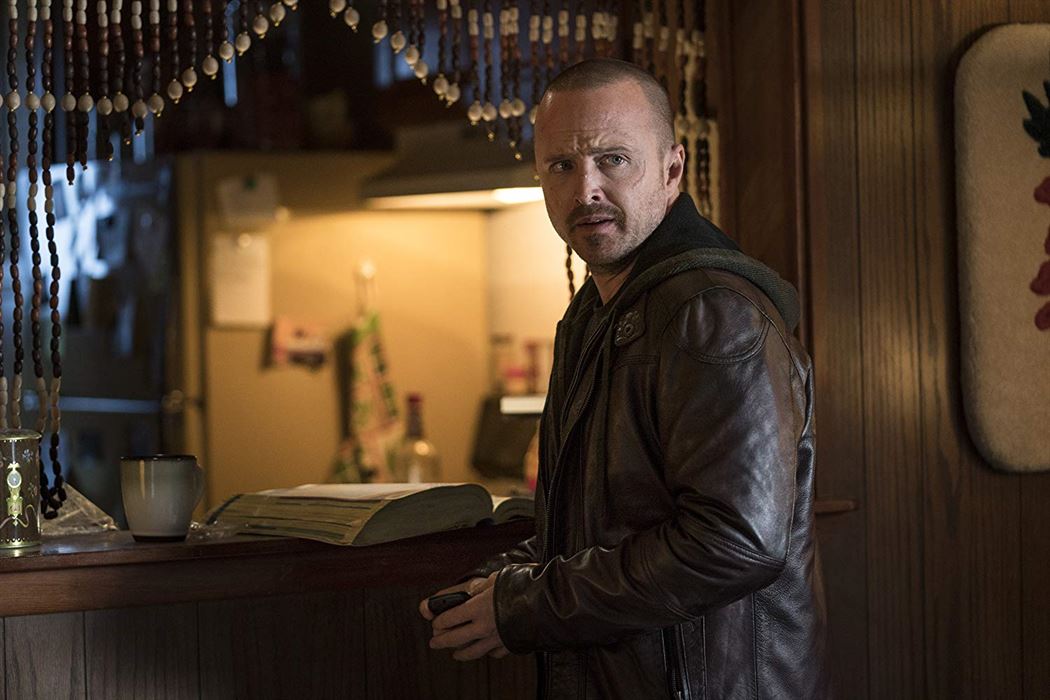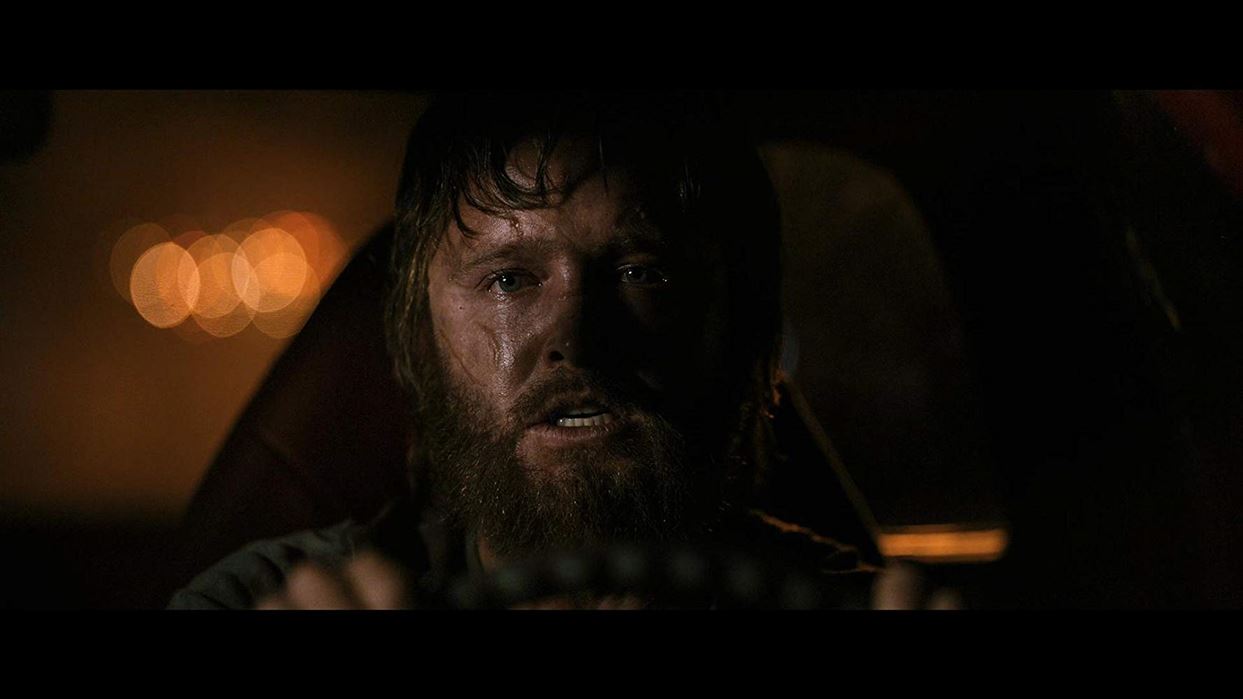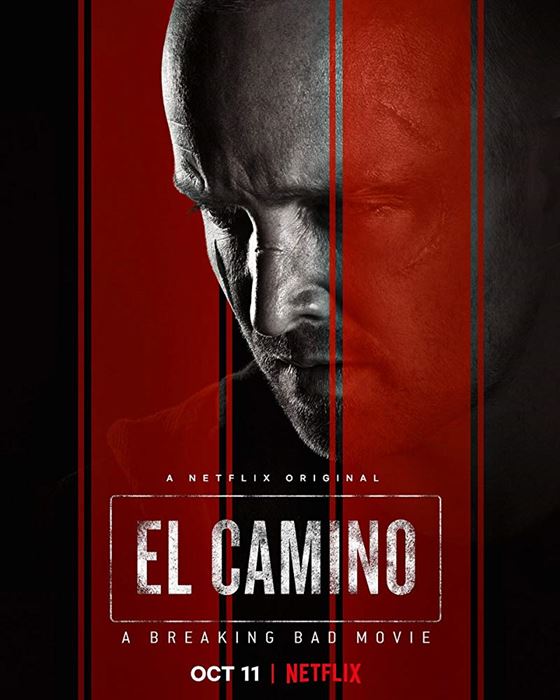It’s been six years since one of television’s highest rated shows, “Breaking Bad,” ended its five season run on AMC. The show left fans more than satisfied with the conclusion, yet still curious about what happened to one pretty important character. “El Camino” tells the long awaited story of what happened to fan favorite Jesse Pinkman, played by Aaron Paul, after the events in the series finale of “Breaking Bad.”
For non “Breaking Bad” fans, the show revolves around Jesse cooking meth with his former high school chemistry teacher, Walter White, played by Bryan Cranston. Walter is diagnosed with lung cancer and must find a way to pay for his medical bills and provide for his family. This ultimately leads to a spectacular five seasons of television, allowing both Paul and Cranston to receive multiple awards for their performances over the years.
Paul gives it his all in his performance throughout the movie. After being disconnected from his character for six years, it felt like he never left. I am hoping to see a lead actor nomination for Paul for this performance.
The film picks up right where “Breaking Bad” left off. Jesse is in a Chevrolet El Camino, speeding away from the recent shoot-out between his partner Walter (or Heisenberg) and the gang of white supremacists. These men used Jesse as their slave to cook his and Walter’s signature blue crystal meth. As a fan of the show, I was very eager to see where Jesse went afterwards and to see how his story officially ends.
Vince Gilligan, writer, director and creator of both the show and the recently released Netflix original film, decided he would only make the movie if it was perfect and made sense with the concluded story. After watching “El Camino,” I think it is safe to say that Gilligan did just that.
The multiple callbacks to the series, whether it be in flashbacks or with returning fan favorite characters, dead or alive, showed that it was a movie made for the fans of the show. The film needed these callbacks to make its audience feel like they are back with their favorite characters, and dealing with situations similar to those in the show.
“El Camino” does feel slow at times, but it’s just for the audience to remember who these characters are and appreciate them once again. It also spent a lot of time showing flashbacks of scenes that took place during the timeline of the show. These flashbacks felt interesting at first, but ultimately dragged on at times. I wanted to see more of Jesse in the present, rather than having the story work backwards. When the film did show Jesse’s story in the present, it became much more exciting.

Aaron Paul as Jesse Pinkman at a crucial point in “El Camino.” Photo courtesy of Netflix. Photo credit: Netflix
Although I felt that the film dragged at times, it’s not to say that the story ended in a bad way. I think where Gilligan left Jesse at the end of the film fell into place and felt very satisfying after seeing this character go through so much between the show and the movie.
The film tied everything up beautifully, and I was left content with how the story was told in a way that didn’t ruin the ending of the show. This was a big fear of mine before watching, but since Gilligan had full control of the project, I felt confident that he knew what he was doing. In all, I don’t think that the film was necessarily needed, but was nonetheless pleased with its outcome.
In the end, getting closure on Jesse’s story felt thrilling, even at times where things felt a bit sluggish. Overall, “El Camino” had its ups and downs, but it will always be a part of one of television’s greatest stories.




